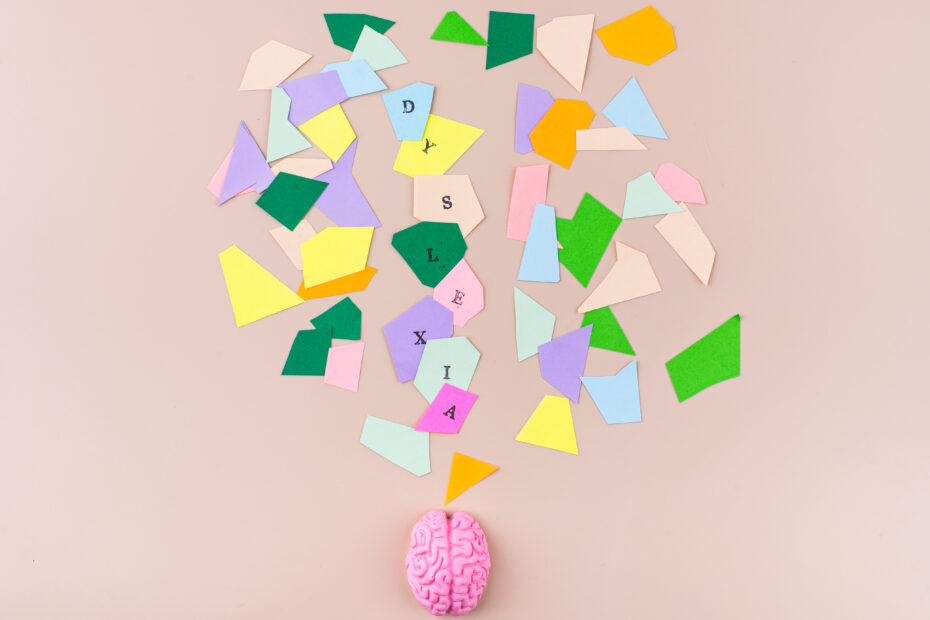In times of crisis, the quality of our decision-making can mean the difference between success and failure, safety and danger. Dr. Leigh Richardson, a luminary in the field of brain health, sheds light on how maintaining cognitive well-being is crucial for effective crisis decision-making. This blog explores the intricate relationship between brain health and our ability to navigate emergencies, offering strategies to enhance both.
The Brain Under Pressure
During a crisis, the brain is subjected to intense stress, triggering a cascade of physiological responses that can affect decision-making. The amygdala, responsible for emotional responses, can override the prefrontal cortex, the center of rational thought, leading to reactive rather than reflective decisions. Understanding this dynamic is the first step in managing it.
The Role of Brain Health in Decision-Making
Brain health plays a pivotal role in how we handle crises. A well-nourished rested, and stress-resilient brain is better equipped to process information, weigh options, and make decisions. Conversely, when our brain health is compromised—due to lack of sleep, poor nutrition, or chronic stress—our decision-making capacity can be severely impaired.
Strategies for Enhancing Brain Health for Crisis Situations
Prioritize Sleep
Adequate sleep is essential for cognitive function, including memory, attention, and problem-solving abilities. Ensuring regular, restful sleep prepares the brain to face challenges more effectively.
Maintain a Balanced Diet
Nutrients like omega-3 fatty acids, antioxidants, and vitamins are crucial for brain health. A diet rich in these nutrients supports cognitive function and emotional regulation, both vital for decision-making in crises.
Exercise Regularly
Physical activity reduces stress and boosts brain function by enhancing circulation and promoting the growth of new neural connections. Incorporating regular exercise into your routine can improve your ability to make decisions under pressure.
Practice Stress-Reduction Techniques
Mindfulness, meditation, and deep-breathing exercises can mitigate the stress response, allowing the prefrontal cortex to regain control over the amygdala. Practicing these techniques can enhance your capacity to remain calm and think clearly during emergencies.
Train Your Brain
Engaging in activities that challenge your brain—such as learning new skills, solving puzzles, or playing strategic games—can improve overall cognitive function and resilience. This mental training can be particularly beneficial for crisis decision-making.
The Importance of Preparation
Beyond immediate strategies to boost brain health, preparing for potential crises can also improve decision-making. This preparation might include scenario planning, emergency drills, or mental rehearsals of crisis action steps. Being mentally prepared reduces the cognitive load during an emergency, allowing for more rational and effective decisions.
Effective decision-making during crises is a complex interplay of cognitive function, emotional regulation, and stress resilience—all aspects of brain health. Dr. Leigh Richardson’s insights highlight the importance of nurturing our mental well-being to navigate crises’ unpredictable and often turbulent waters. By adopting a holistic approach to brain health, we can enhance our ability to make informed, rational decisions when it matters most, turning potential crises into opportunities for growth and learning.
